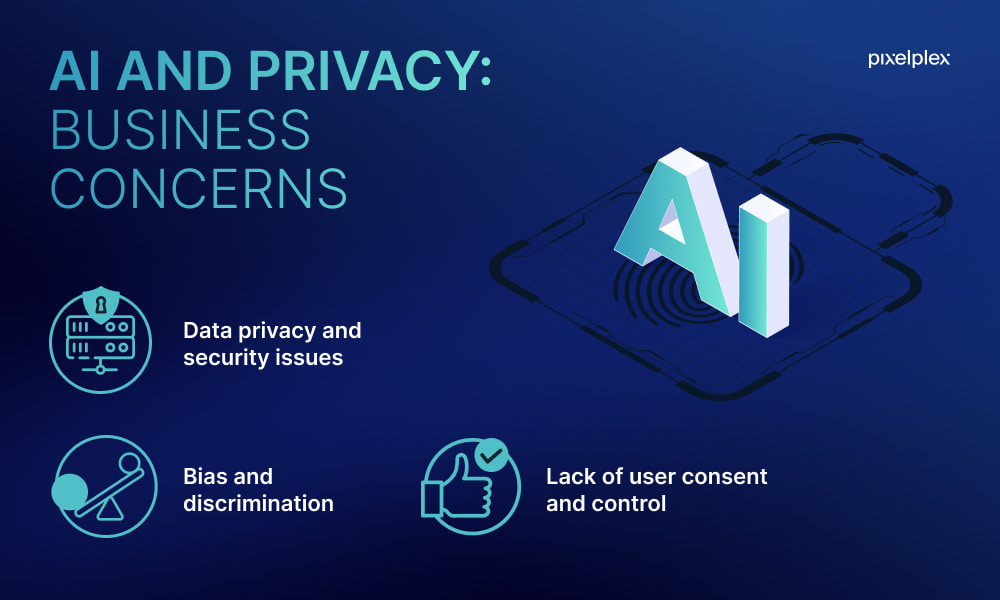As artificial intelligence continues to revolutionize social media platforms, privacy experts and regulators are raising alarm bells about the complex relationship between AI innovation and user privacy. The integration of AI algorithms into social media has created unprecedented challenges in data protection, consent, and algorithmic transparency.
At the heart of the controversy is the sophisticated way AI systems collect and process personal data. “These aren’t simple data collection mechanisms anymore,” explains Dr. Robert Chang, AI Ethics researcher at the Tech Policy Institute. “We’re dealing with systems that can predict behaviors, make automated decisions, and potentially intrude on privacy in ways users might not even realize.”
The concerns broadly fall into several categories:
- Consent and Transparency
- Users often unaware of how AI processes their data
- Lack of clarity on the extent of AI’s predictive capabilities
- Difficulty in obtaining meaningful consent for AI processing
- Algorithmic Bias
- AI systems potentially perpetuating discriminatory practices
- Concerns about fairness in content recommendation systems
- Impact on vulnerable user groups
- Data Minimization
- Questions about the necessity of vast data collection for AI training
- Balancing effectiveness with privacy protection
Recent studies have highlighted the extent of these issues. A report by the Digital Privacy Foundation found that 73% of users were unaware of how AI systems used their personal data to make predictions about their behavior. Even more concerning, 82% didn’t know they could be subject to automated decision-making processes.
The regulatory response has been swift but complex. The European Union’s AI Act, currently in development, specifically addresses AI privacy concerns. “We’re seeing a push for ‘Privacy by Design’ in AI systems,” notes Emma Thompson, a technology law expert. “The challenge is crafting regulations that protect privacy without stifling innovation.”
Some social media platforms are taking proactive steps. TechSocial recently announced an “AI Privacy Dashboard” that allows users to see how AI systems interact with their data. However, critics argue these measures don’t go far enough.
A comparison of AI privacy approaches across major platforms:
| Platform | AI Transparency | User Control | Data Minimization |
| Platform A | High | Medium | Low |
| Platform B | Medium | High | Medium |
| Platform C | Low | Low | High |
The impact of AI privacy concerns extends beyond individual users. Businesses using social media for marketing and customer engagement are also affected. “We’re seeing a tension between the desire for highly targeted AI-driven marketing and the need to respect user privacy,” says Marcus Chen, CEO of Digital Marketing Solutions.
Proposed solutions include:
- Privacy-Preserving AI: Developing algorithms that can function effectively with minimal personal data
- Explainable AI: Making AI decision-making processes more transparent and understandable
- Enhanced User Controls: Giving users more granular control over how AI systems use their data
Despite the challenges, some experts see opportunity in the intersection of AI and privacy. “Privacy-conscious AI could be the next frontier in tech innovation,” suggests Dr. Sarah Lee, an AI researcher at Stanford University. “Companies that can deliver powerful AI capabilities while respecting user privacy will have a significant competitive advantage.”
As the debate continues, one thing is clear: the relationship between AI and privacy will remain a critical issue in the evolution of social media and technology. With regulators, tech companies, and privacy advocates all working to find the right balance, the coming years will be crucial in determining how AI can be harnessed while respecting fundamental privacy rights.

